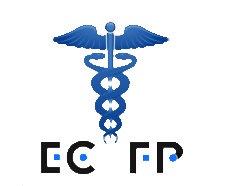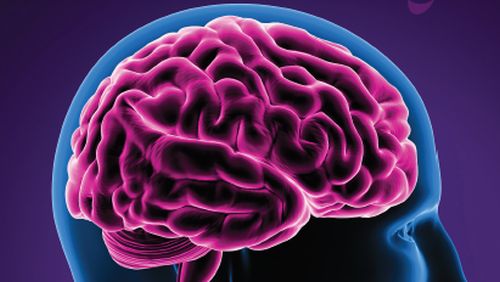News coverage of COVID-19 and its impact on the world have dominated the headlines. Until recently, children were thought to be not significantly affected. This has changed after there were reports from the United Kingdom of a small number of cases of critically ill children presenting with unusual symptoms.
Within a few weeks, clusters of sick kids with, what is being called, “Pediatric Multisystem Inflammatory Syndrome” or PMIS, started to appear in New York City and several other states. Some of these cases resembled a rare inflammatory illness called Kawasaki Disease.
What Is Kawasaki Disease?
Kawasaki Disease is a rare inflammatory disease that causes blood vessels to become inflamed or swollen throughout the body. We do not know what causes Kawasaki Disease. More than 80% of the children who get it are younger than 5 years of age.
The hallmark of Kawasaki Disease is a persistent high fever (over 101°F) for at least 4 days in addition to rash, redness to eyes, lips/tongue, swelling and redness to hands/feet and neck swelling. Kawasaki Disease Shock Syndrome is a rare form of this disease characterized by severe inflammation resulting in a child becoming critically ill.
What Is Pediatric Multisystem Inflammatory Syndrome (PMIS) and Why Do Doctors Think This Is Related to COVID-19?
On April 27, 2020 the United Kingdom released a statement describing a number of children who were presenting critically ill. They had some clinical features of Kawasaki Disease and Kawasaki Disease Shock Syndrome.
Soon after, multiple reports of cases came from across Europe and in the United States. Some PMIS patients were found to carry the virus causing COVID-19 and some had proteins in their body showing that they previously had the infection. A significant number of patients were exposed to someone with COVID-19 infection.
A key finding of PMIS is evidence of severe inflammation, which is similar to Kawasaki Disease and like Kawasaki Disease, children with PMIS also have high fevers and can present with red eyes, and rash. However, PMIS patients tend to be older than typical Kawasaki Disease patients. Some of their blood tests, including markers of inflammation, are more abnormal than patients with Kawasaki disease.
Severe abdominal pain and diarrhea is another common complaint with PMIS. So far, we know the similarities between these two diseases, but we do not have sufficient information to fully understand the differences.
At this time, we do recommend seeking medical evaluation with your primary care doctor if your child has persistent fevers over 101°F as well as severe abdominal pain, diarrhea, or rash that could not be explained by another cause.
Call East Cary Family Physicians to seek an appointment. Also note that ECFP is providing Tele-Health option for health visits.



